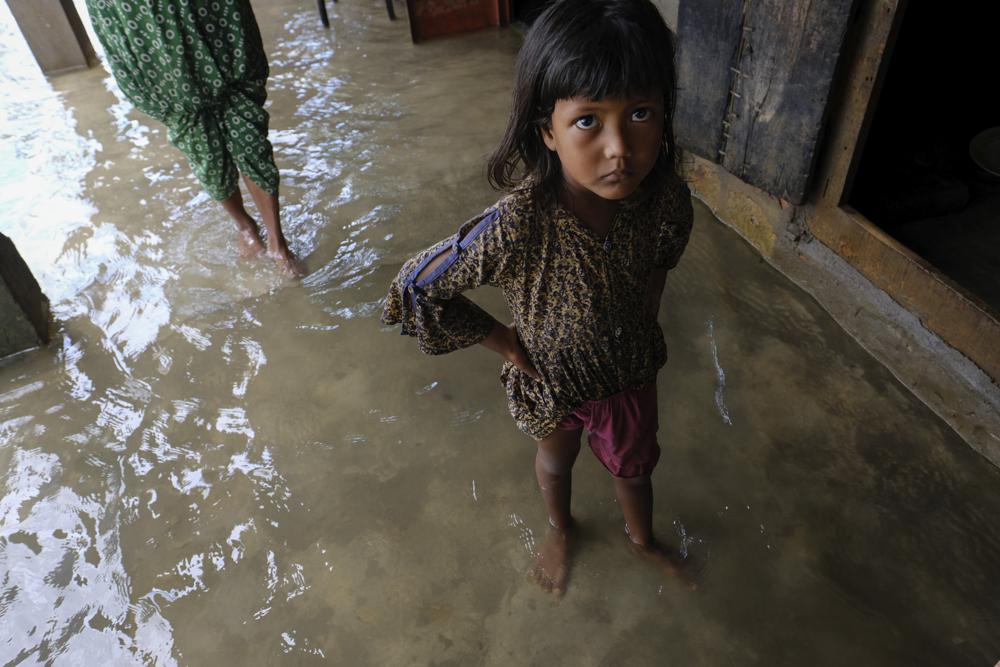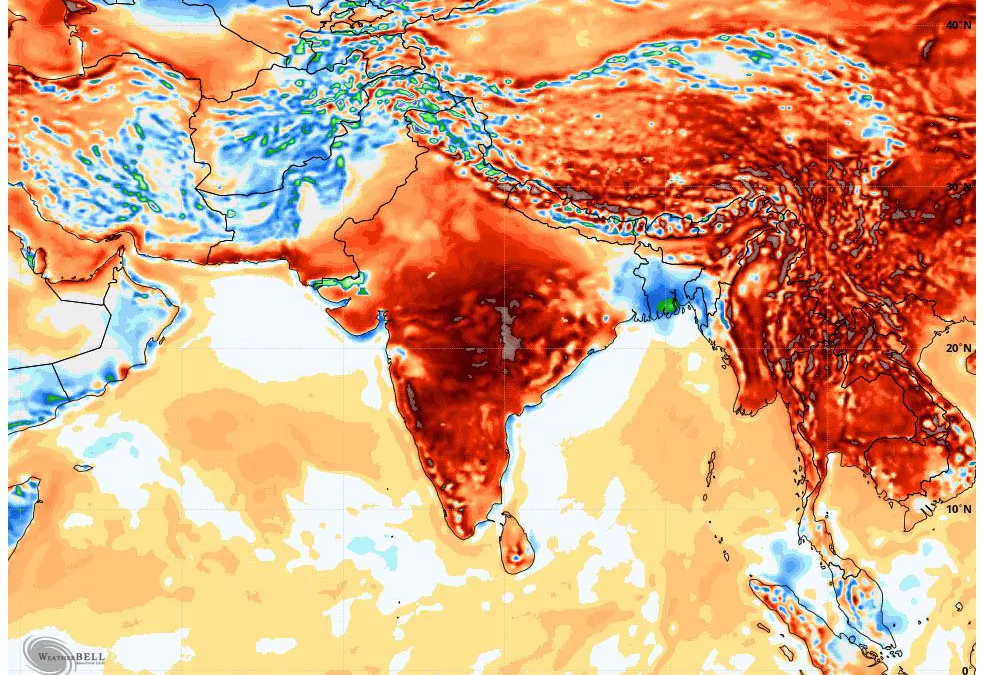Surviving the extreme water shortage in Zimbabwe’s capital – Doctors on strike over “appalling and disgraceful” conditions in hospitals – Opposition lawmakers walk out of president’s speech
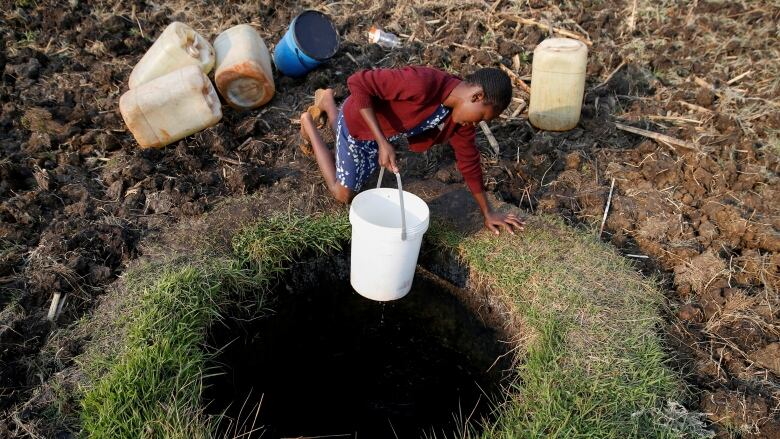
By Morgan Passi and John McGill
2 October 2019
(CBC Radio) – Think of it as a cash and flow problem.
Last month, city councillors in Harare, Zimbabwe shut off their main water plant, blaming a lack of foreign currency needed to import treatment chemicals.
The water is back on now — after the national government stepped in. But according to many, the latest stoppage is just a drop in the bucket — following an especially harsh drought and the country’s ongoing economic crisis.
Linda Masarira-Kaingidza, a labour activist and politician with Zimbabwe’s LEAD party, spoke to As It Happens host Carol Off about how her family is coping and why she blames the Harare City Council.
Here is part of their conversation.
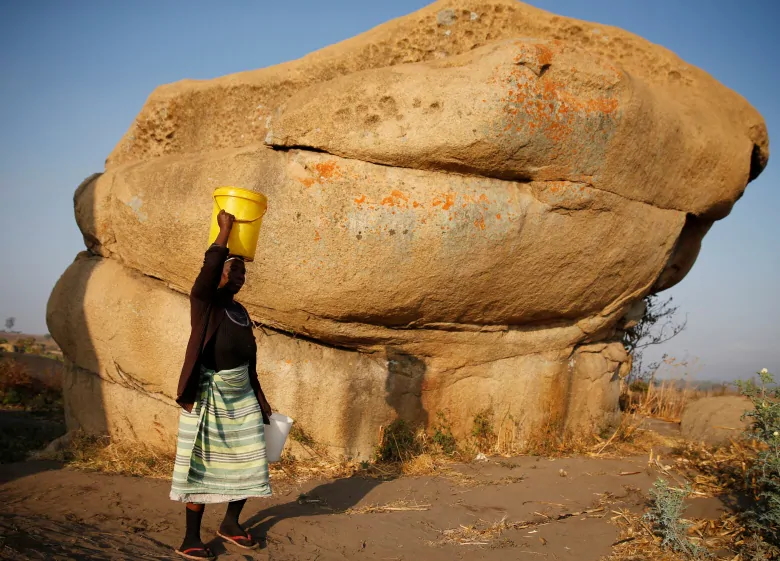
Linda, what did it take for you and your family to get water today?
Actually, we got water last night. We now go and fetch water around 10:00 p.m. and 11:00 p.m. every night because there will be no cues at the boreholes.
So every night when I get home, I have to make sure that we go and fetch water in our 20 buckets to last us for the next 24 hours.
So how many buckets are you taking with you?
We take 20 buckets a day — 20-litre buckets — because I’ve got a family that has got eight people. So we need that much water and we’ve got a baby in the house.
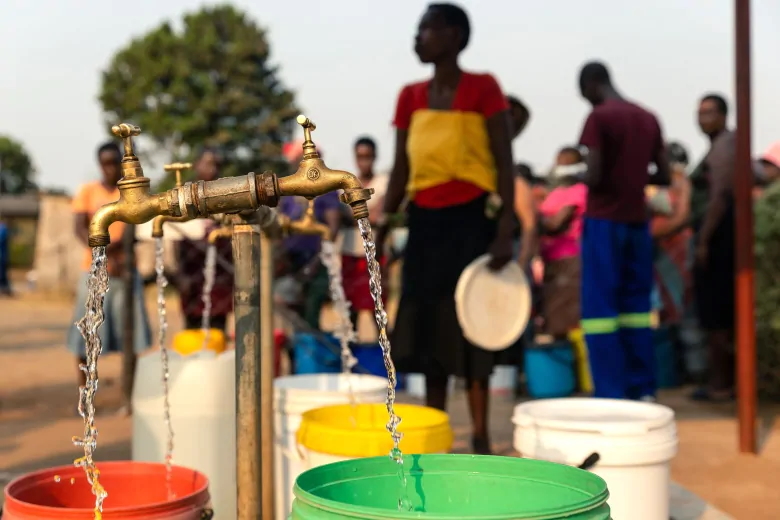
And you’re doing that every day, every night? You’re trying to get that much water?
We’ve been doing that for the past two months, every night.
How far do you have to walk to the borehole?
The borehole from my house is about two kilometres away. So I actually have to drive.
And then those who do not have vehicles, they use wheelbarrows. Some actually have to hire trucks that they used to carry their buckets of water.
And then, for those who are elite enough, they are having to buy water for their water tanks. But it is now more expensive — 5,000 litres of water costs about $100 USD. That is not sustainable.
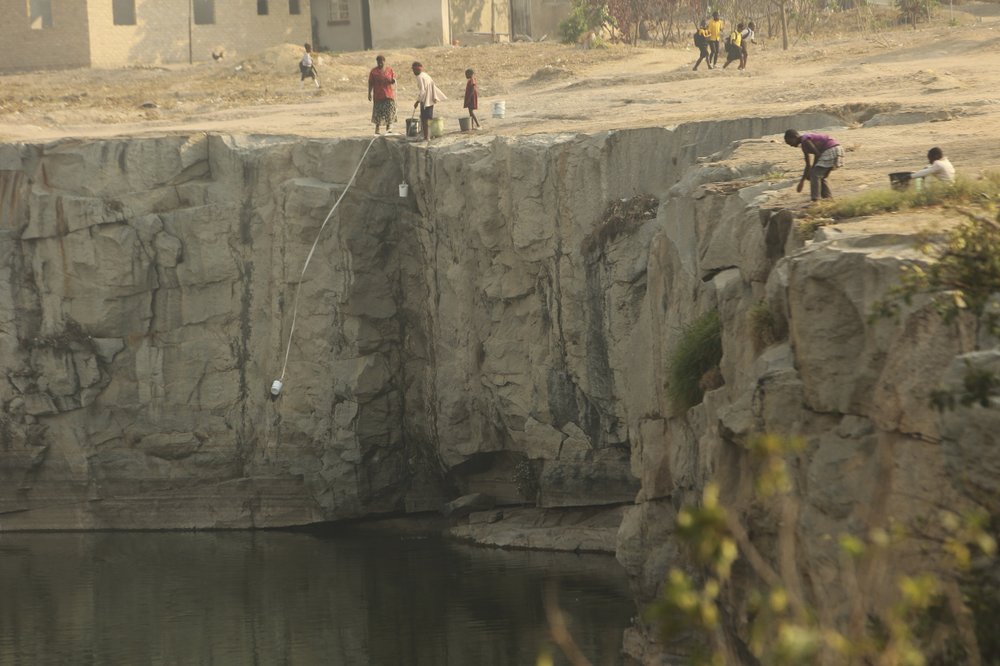
What was that like when the Morton Jaffray water treatment plantwas actually shut?
The situation was horrible. Children have to go to schools and they have to use toilets with no water.
Hospitals had no water. Pregnant women had to carry buckets of water into the labour ward. With no water, no woman could actually give birth because the nurses would say we do not have water to attend to you. That is how bad the situation was. […]
There was a cholera crisis that killed 26 people just last year. So what public health concerns are you faced with at this point?
The public health concerns that we have is a looming cholera and typhoid outbreak.
Zimbabwe hospitals don’t even have the capacity to cap a cholera or typhoid outbreak at the moment, considering that our hospitals have no drugs and doctors are on strike. [more]
How one family is surviving the extreme water shortage in Zimbabwe’s capital
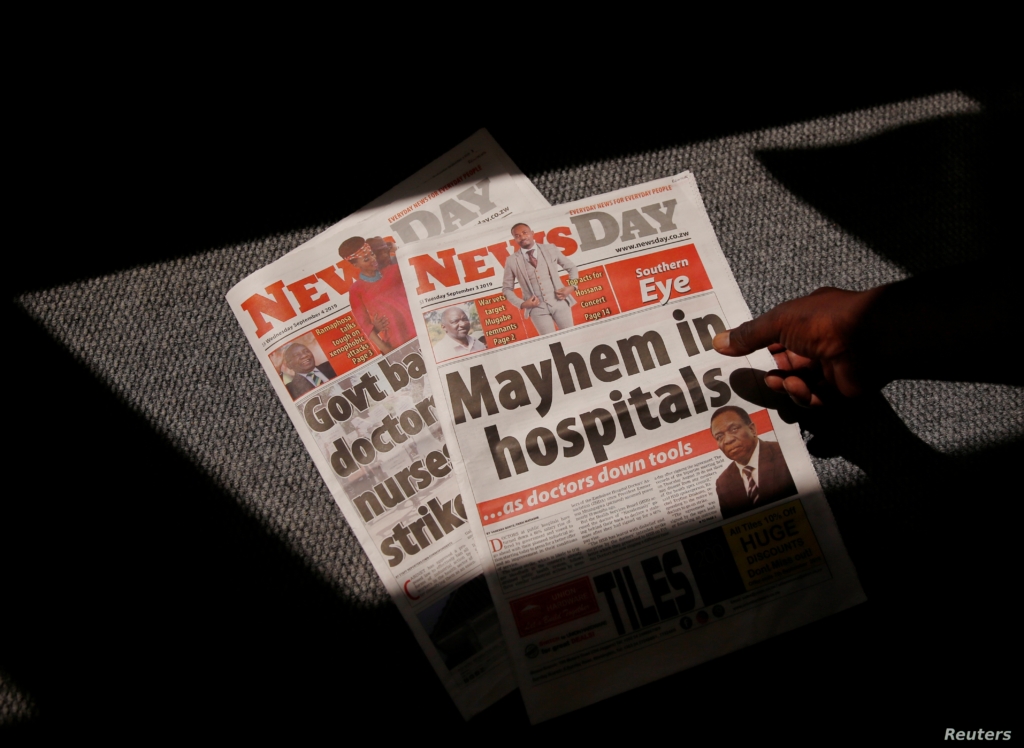
Zimbabwe senior doctors threaten to join strike
By Gibbs Dube
3 October 2019
(VOA News) – Scores of senior doctors in Zimbabwe’s public hospitals have threatened to strike starting Thursday, if the government fails to meet their demand for better salaries and working conditions.
They would join hundreds of their junior counterparts, who’ve been on strike since September 3 for the same reasons. Patients are being turned away from public health facilities amid the southern African country’s protracted economic crisis, given shortages of staffing, medical equipment and supplies.
“Appalling and disgraceful” conditions have left “no option but to openly declare our incapacitation,” the Senior Hospital Doctors Association said in a statement, setting a deadline of Thursday for President Emmerson Mnangagwa’s administration to respond.
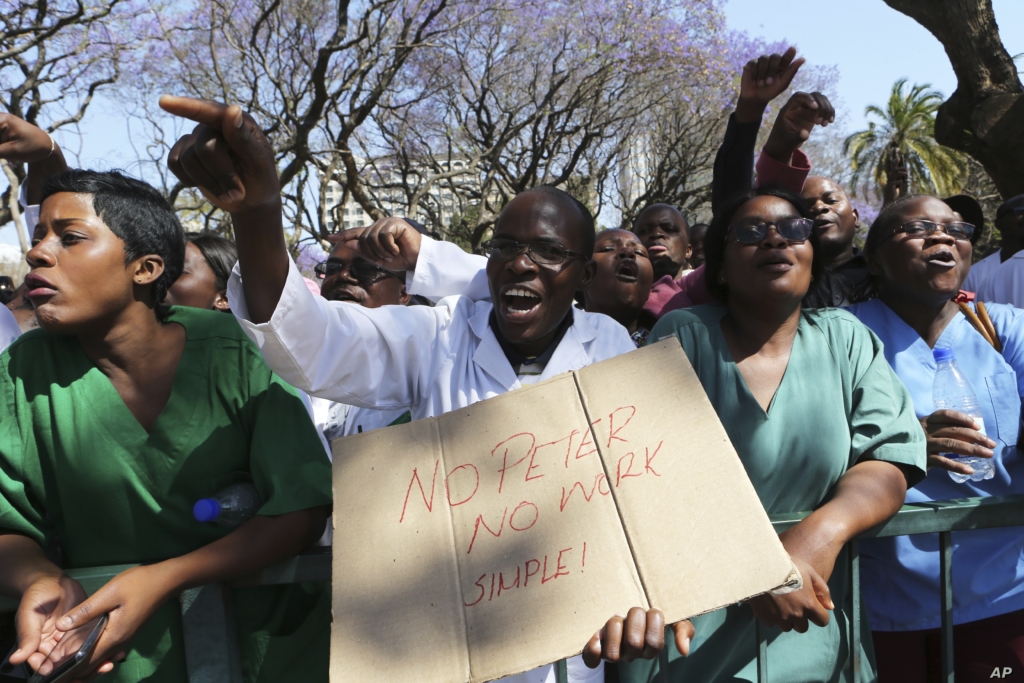
According to the Zimbabwe Health Service Board, the government employs roughly 1,550 doctors and specialists in public hospitals serving the southern African country of 14 million.
Doctors have complained that their salaries — less than $200 a month for juniors — barely cover their living expenses.
Almost all of the 524 junior doctors are believed to be striking. About 200 more senior doctors, including specialists, would walk off the job.
Dr. Paulinus Sikosana, who chairs the Zimbabwe Health Service Board, urged the senior doctors to keep working for the sake of patients. [more]
Zimbabwe Senior Doctors Threaten to Join Strike
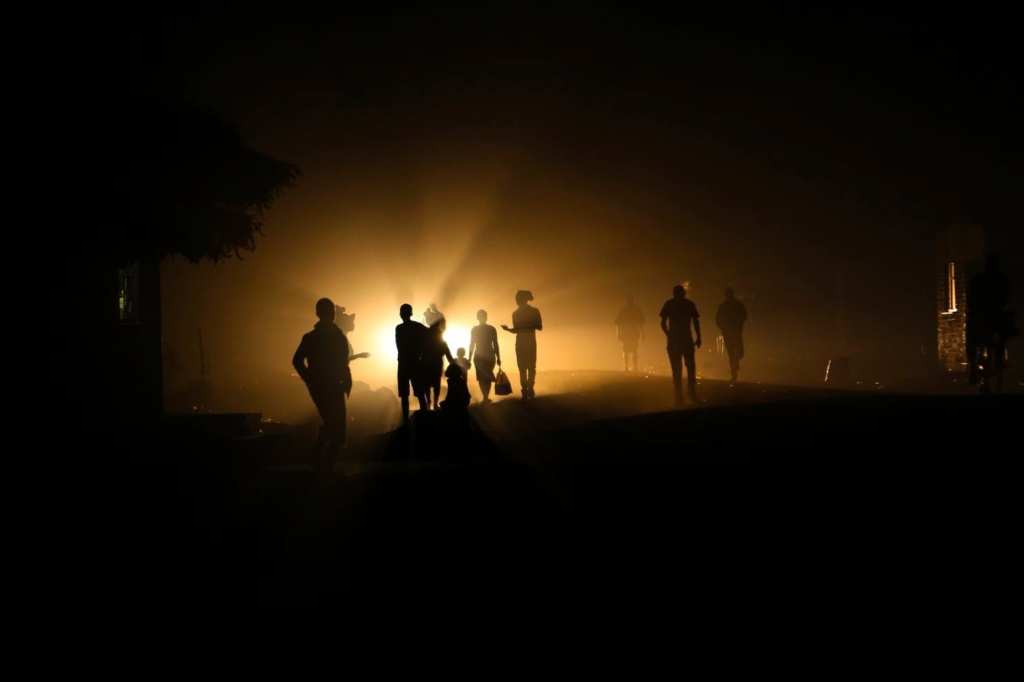
Zimbabwe opposition lawmakers walk out of president’s speech
HARARE, Zimbabwe (AP) – Zimbabwe’s opposition lawmakers walked out of Parliament on Tuesday as President Emmerson Mnangagwa presented his state of the nation address, a sign of the political tensions still gripping the country.
The opposition Movement for Democratic Change party said it does not recognize Mnangagwa, accusing him of rigging last year’s elections. The Constitutional Court threw out the opposition’s challenge to the vote.
Mnangagwa made the speech as Zimbabwe reels from its worst economic crisis in more than a decade.
Hope greeted his rise to power when the late Robert Mugabe was forced out of office in 2017, but now Zimbabweans are enduring shortages of everything including medicines, bread, petrol, cash, and even water.
The economic collapse has led to weariness and disgust that often flare into street protests and government crackdowns in what was once one of Africa’s most prosperous countries.
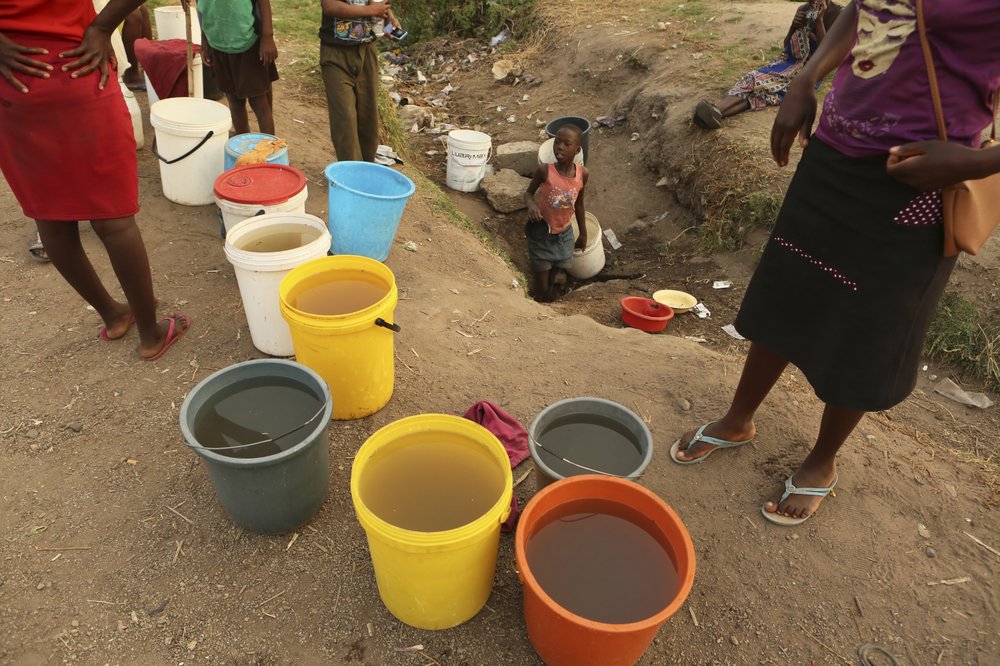
Mnangagwa arrived at Parliament in a Rolls-Royce escorted by police officers on horseback, a ceremonial procession inherited from the colonial and white minority government by Mugabe after independence.
The president observed a minute of silence for Mugabe, who was buried over the weekend .
“As we remember him (Mugabe), let us stand emboldened by the fact that we cannot change the past but the future is in our hands,” Mnangagwa said as the opposition MPs walked out.
However, many say Mnangagwa has inherited more than ceremonial procedures from Mugabe, pointing to alleged acts of repression such as abductions, arrests and torture of government critics as well as economic mismanagement. […]
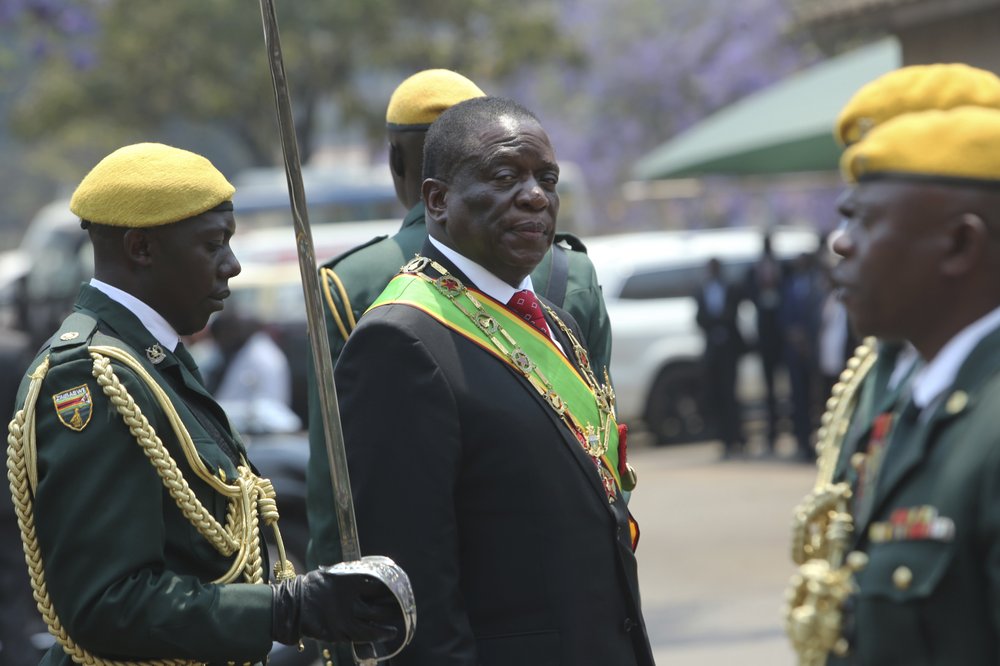
On the streets of the capital, Harare, some said they were not even aware of the president’s speech and continued waiting in lines for basics such as gas and cash.
“I gave up on him a long time ago,” said Samuel Maposa, a taxi driver waiting for gas. “How many speeches has he made and what has changed? Things are getting worse.”
A United Nations envoy who ended a 10-day visit to the country last week observed that “albeit the common belief that a transformation will come, I believe that the long-awaited hopes are fading.”
Clement Nyaletsossi Voule, the U.N envoy on the rights to freedom of peaceful assembly and of association, also highlighted “serious deterioration of the political, economic and social environment since (election period) August 2018 resulting in fear, frustration and anxiety among a large number of Zimbabweans.” [more]
Zimbabwe opposition lawmakers walk out of president’s speech
